Mekong's women and water

Can Tho is the heart of Vietnam’s Mekong delta. Researcher Ly Quoc Dang crisscrossed the city to see how women cope with water challenges.
Since many years, I am interested in the question: How do women cope with water challenges?
During my research at Can Tho University, I realized that Vietnamese women are at the forefront of entrepreneurship. Most of them combine their entrepreneurial and production activities with the responsibility of household work. But what happens if floods cause a significant loss of income?
Women also play significant roles in water management for the agricultural and informal sectors, which are often the worst affected by floods. Consequently, the unemployment rate among women after a flood disaster is high, but their vulnerability to floods and contributions to water management are still overlooked.
That’s why I started to research water management from a gender perspective.




Flooding vulnerability
Can Tho is the heart of Vietnam’s Mekong delta. I have crisscrossed the city many times to talk with women about their vulnerability to floods and their adaptation strategies to overcome water challenges.
My interviewees were from different locations with different socioeconomic backgrounds. Some of them are shopkeepers, and others work in factories, on construction sites or they sell lotteries. These women face different impacts from urban flooding and use their own life experiences to deal with social, economic and environmental changes in their communities.
For example, Mrs. Nhi is a local women leader within her community. Her neighborhood undergoes a fast transformation: green spaces and canals have been replaced by built-up areas and this makes her neighborhood more vulnerable to floods. When I met Nhi, she was waiting for the water to recede before she started cleaning her home.
Adaptation solutions
Mrs. Dau lives nearby and sells lottery tickets. She is family breadwinner because her husband got sick. Her neighbourhood is a heavily urbanized area in which slums are transformed into residential houses and office buildings. Several houses are experiencing flooding at regular intervals, including Mrs. Dau’s house.
The infrastructure, such as a drainage system, can’t keep pace with the growth of her neighborhood. If there is a high tide during monsoon, it is difficult for the water flooded in the city to get to the East Sea. During these floods, Mrs. Dau puts bricks on the floor to keep her house accessible. She also bought a pumping machine to get water out during flood events.
Both women, and many others, are worried about their homes and communities. During the interviews, I found out that they all have different solutions to overcome flooding vulnerability. It’s important to share their stories and experiences, because they empower other women as agents of change.
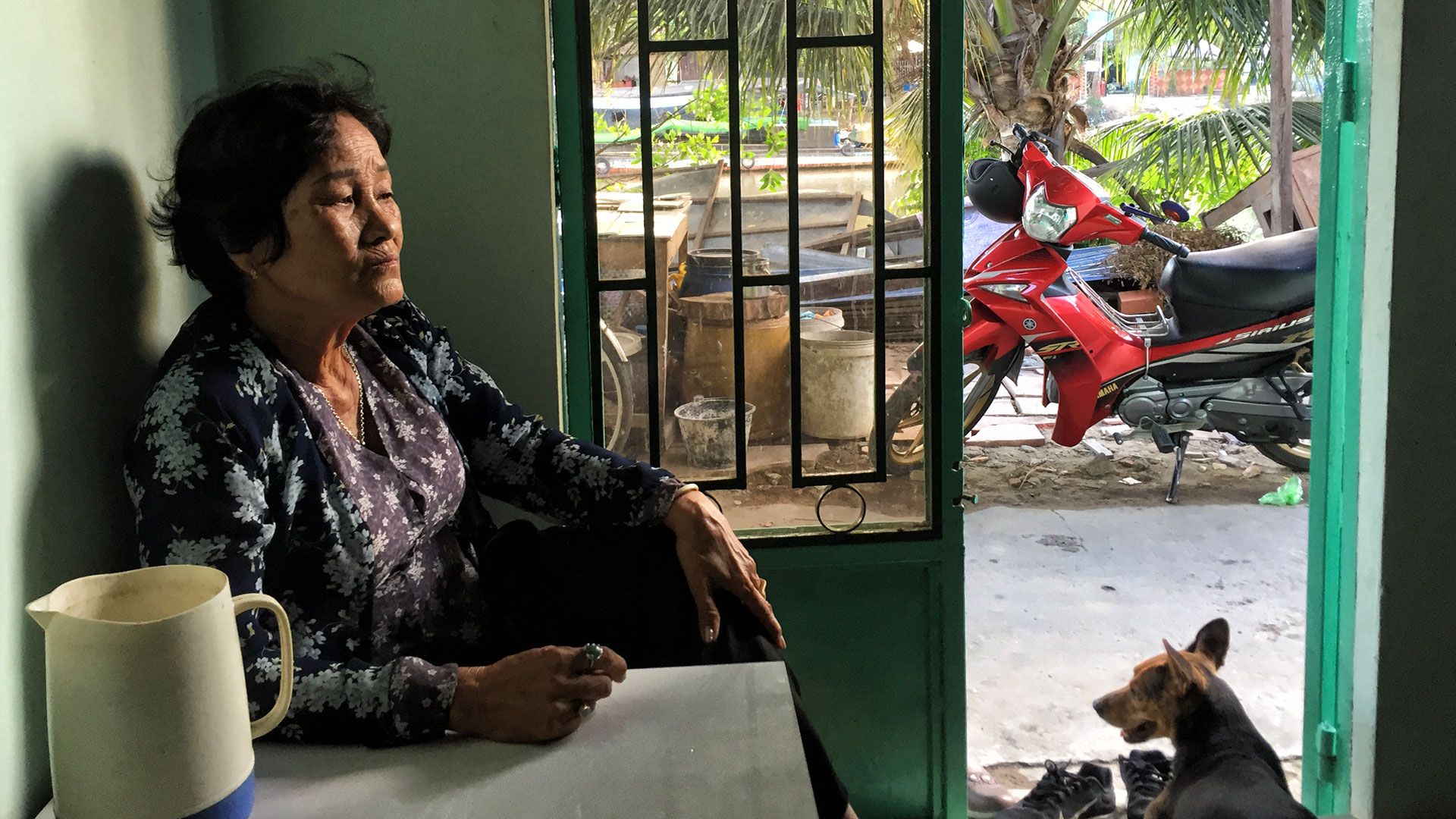
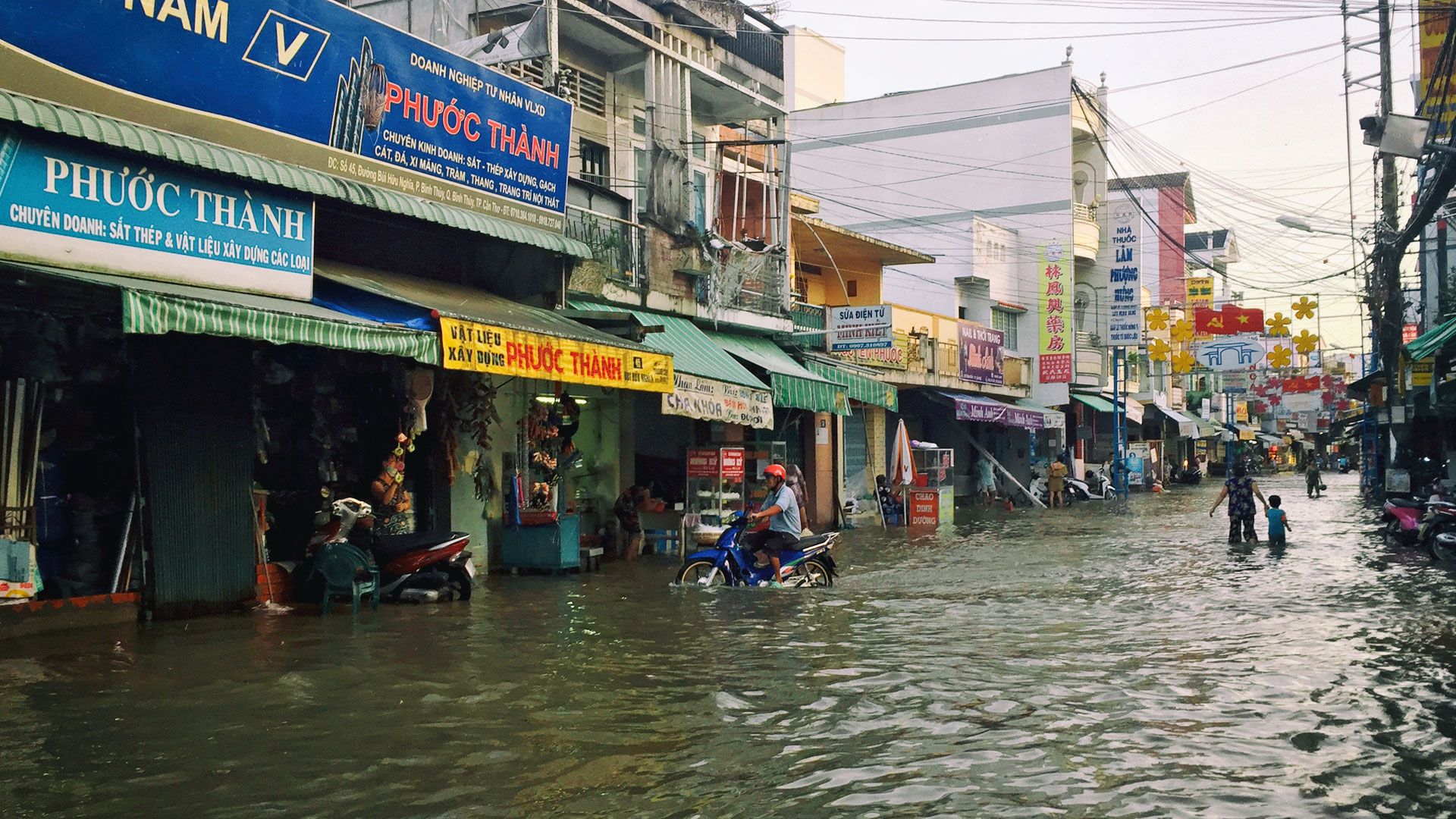
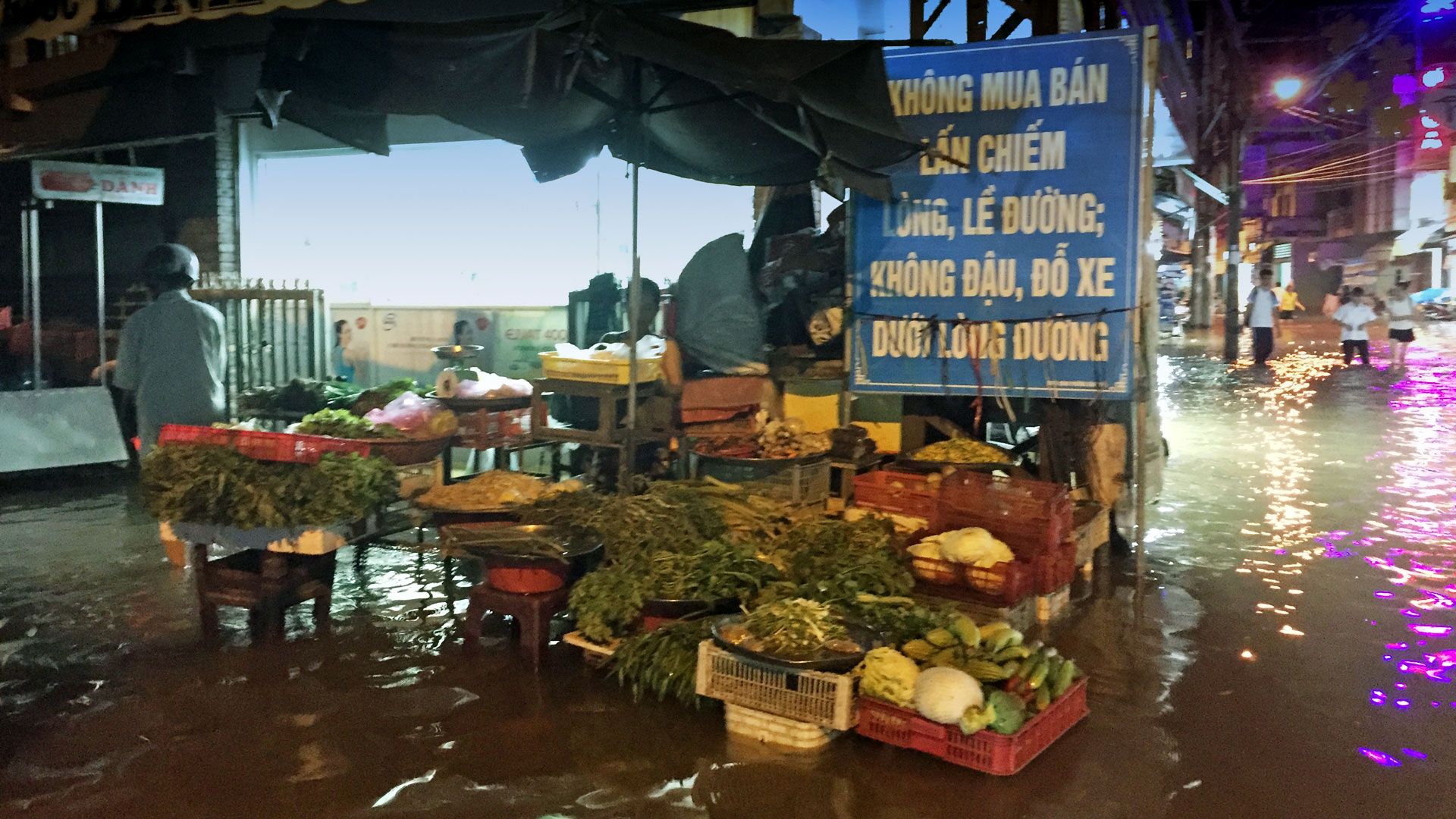
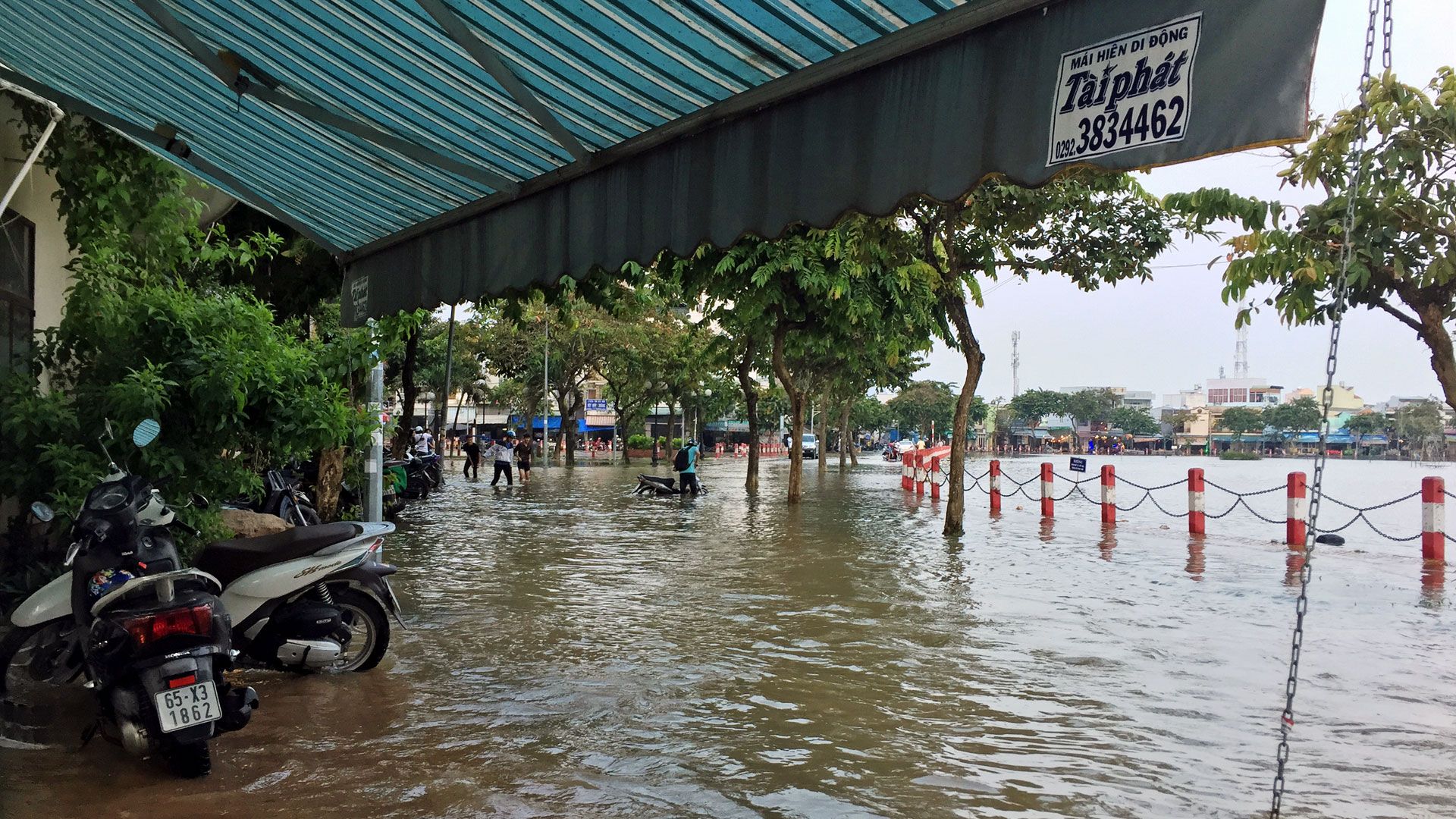
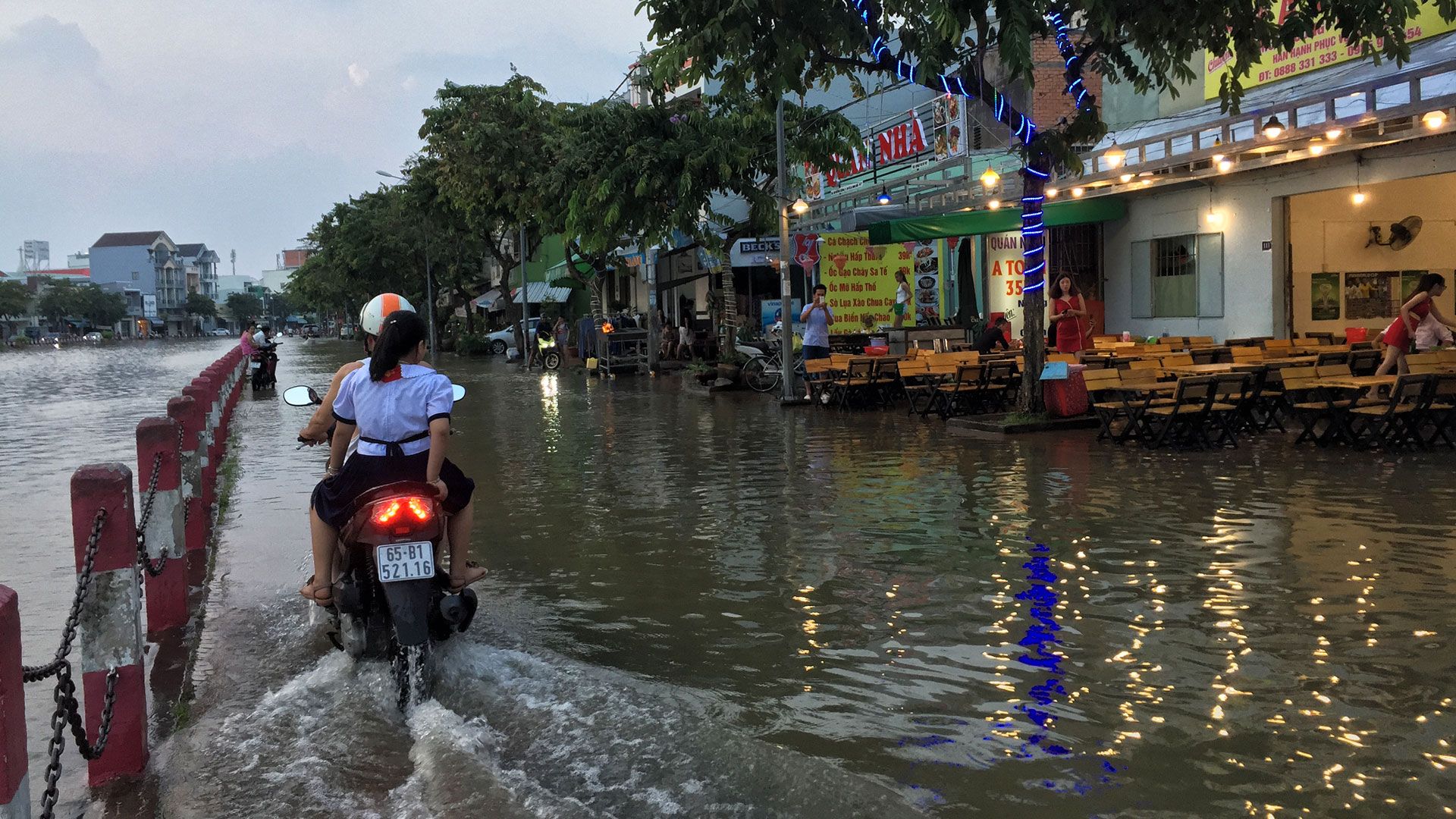
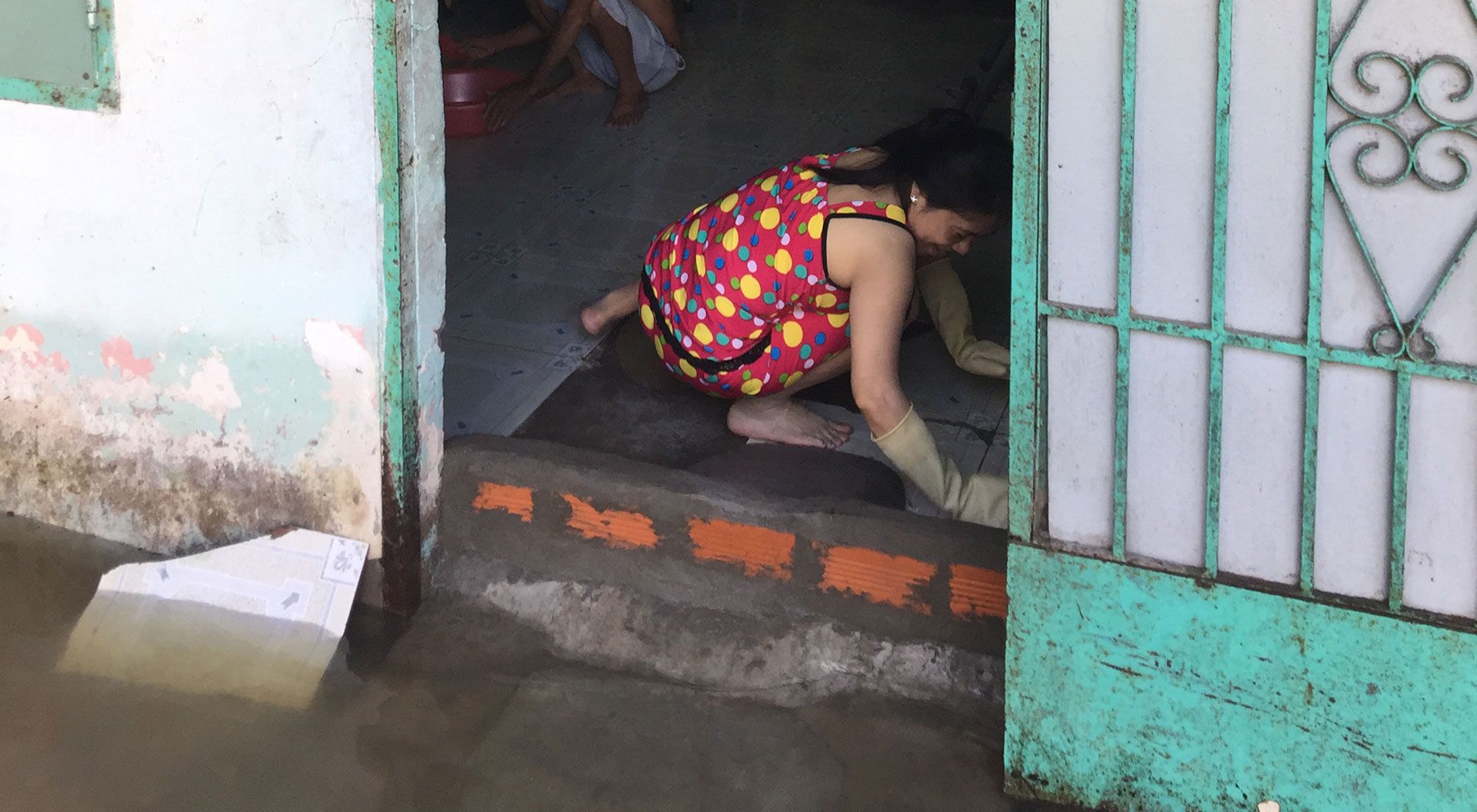
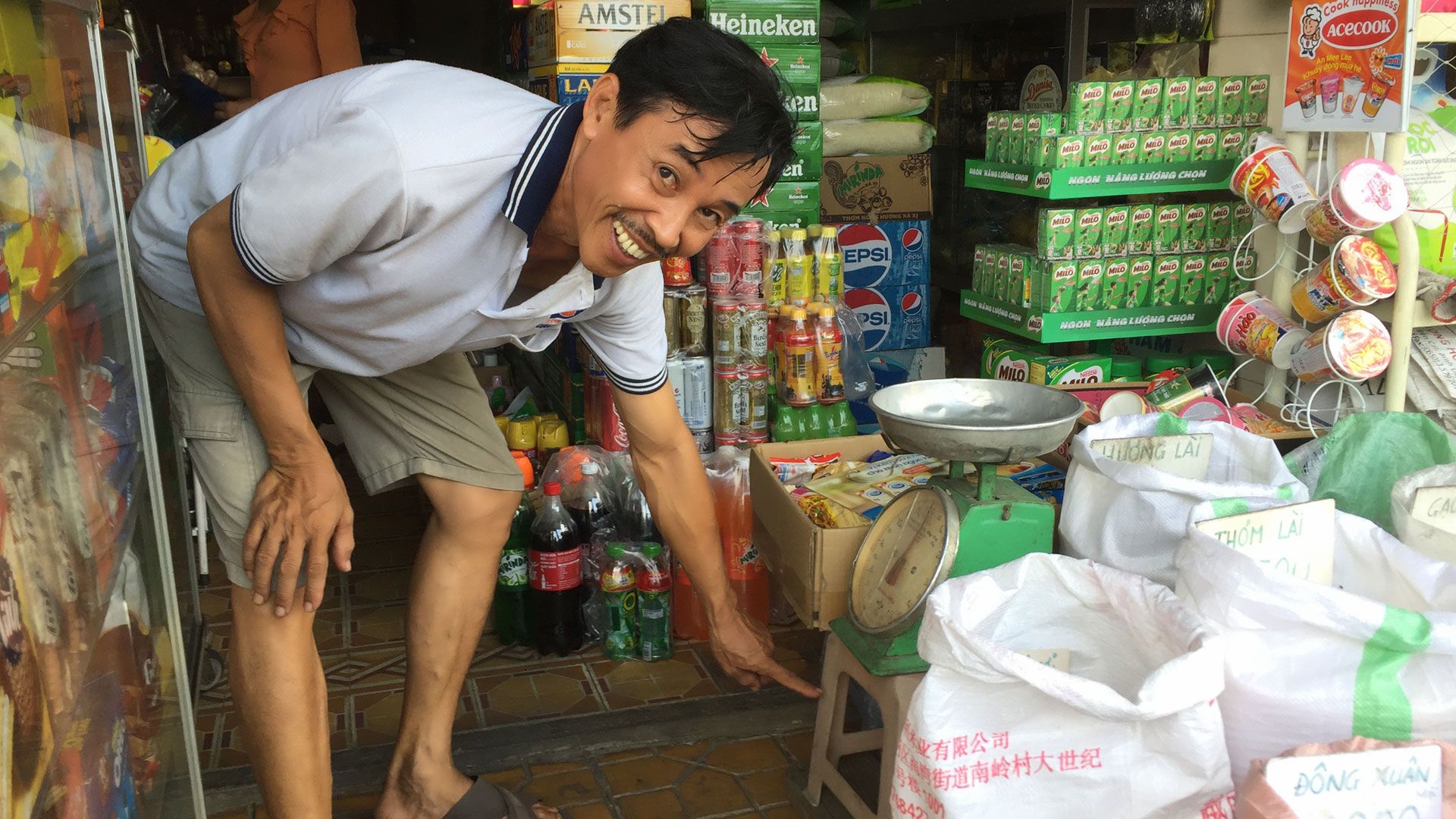
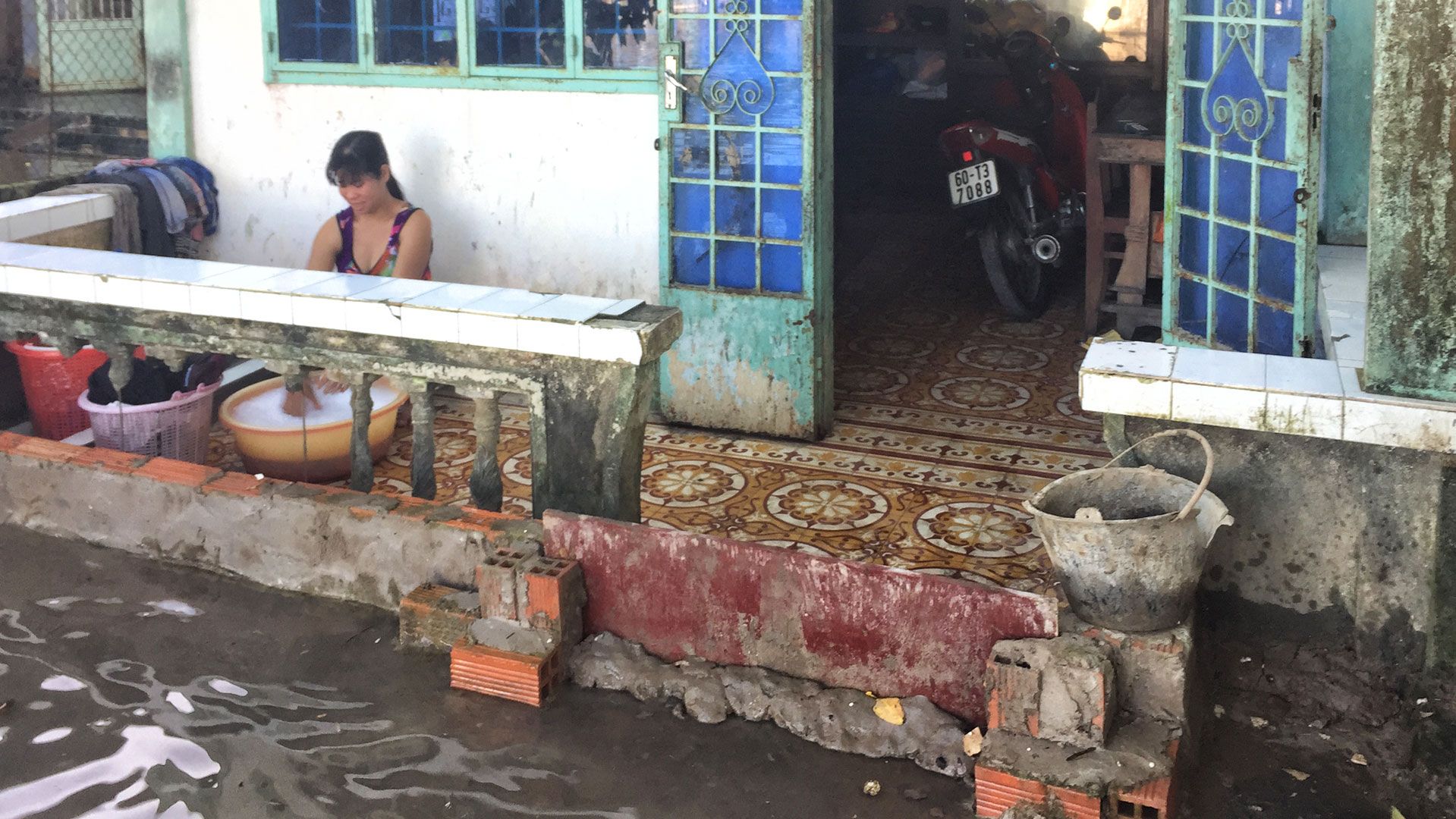
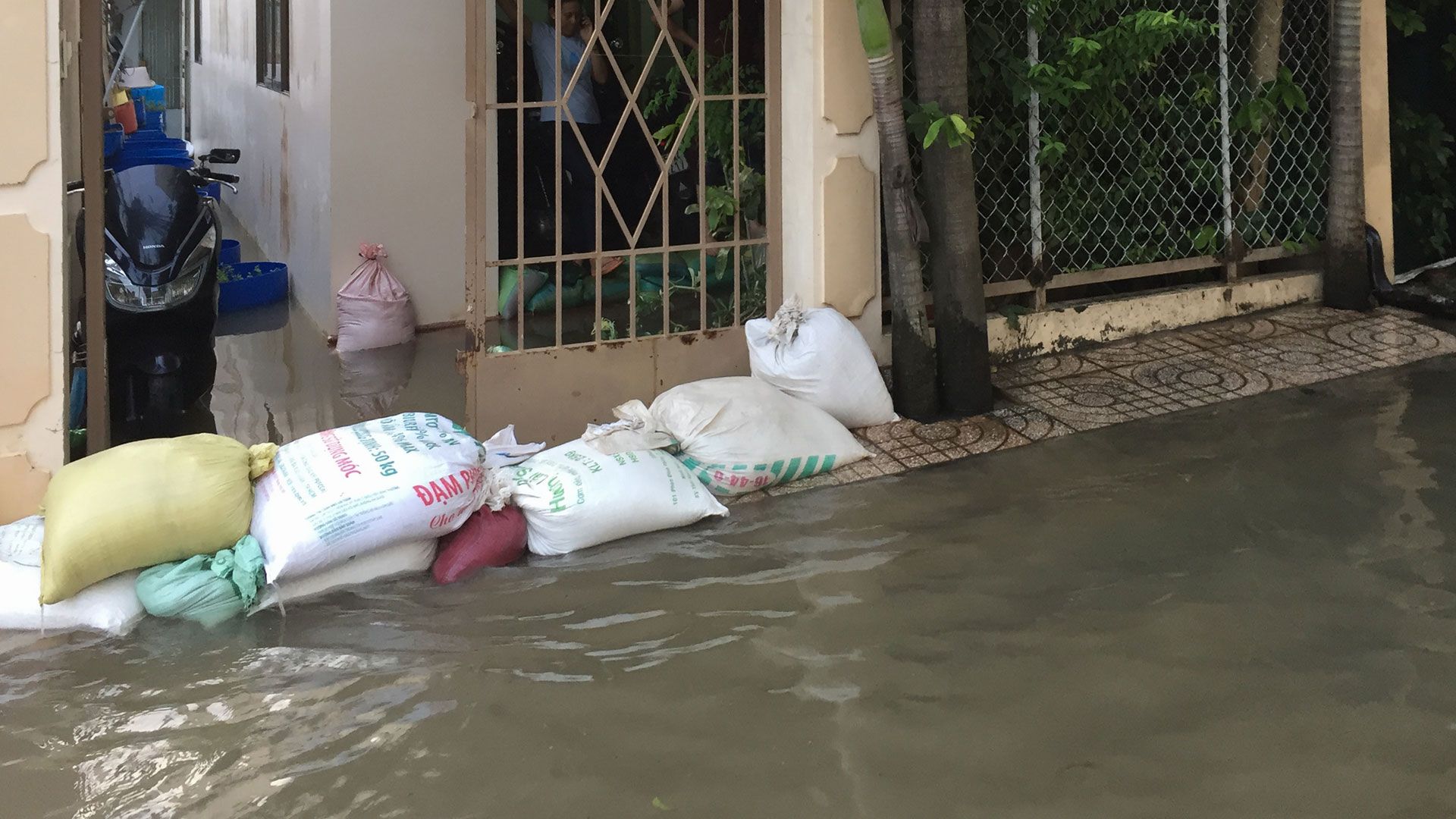
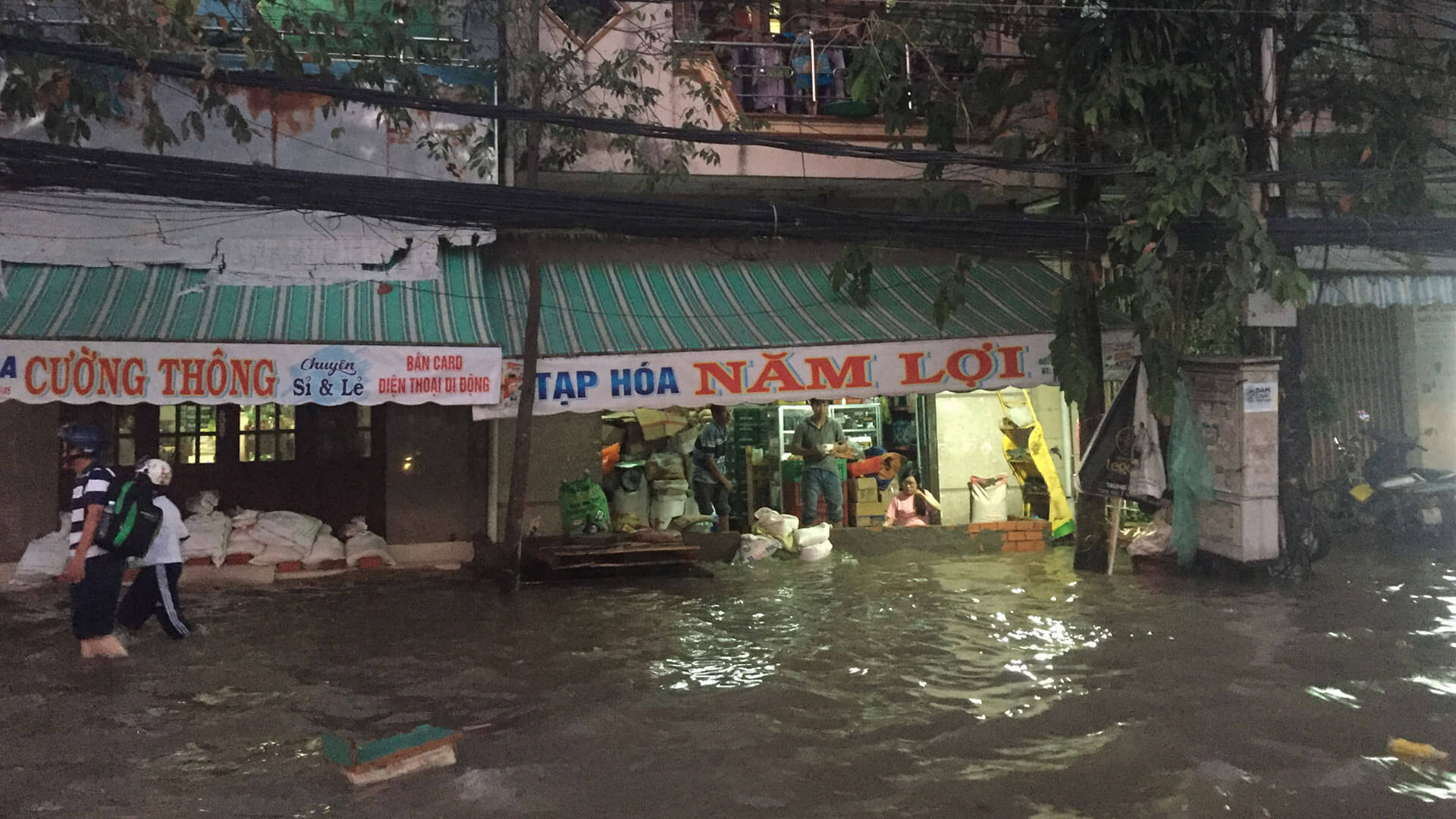






Member discussion